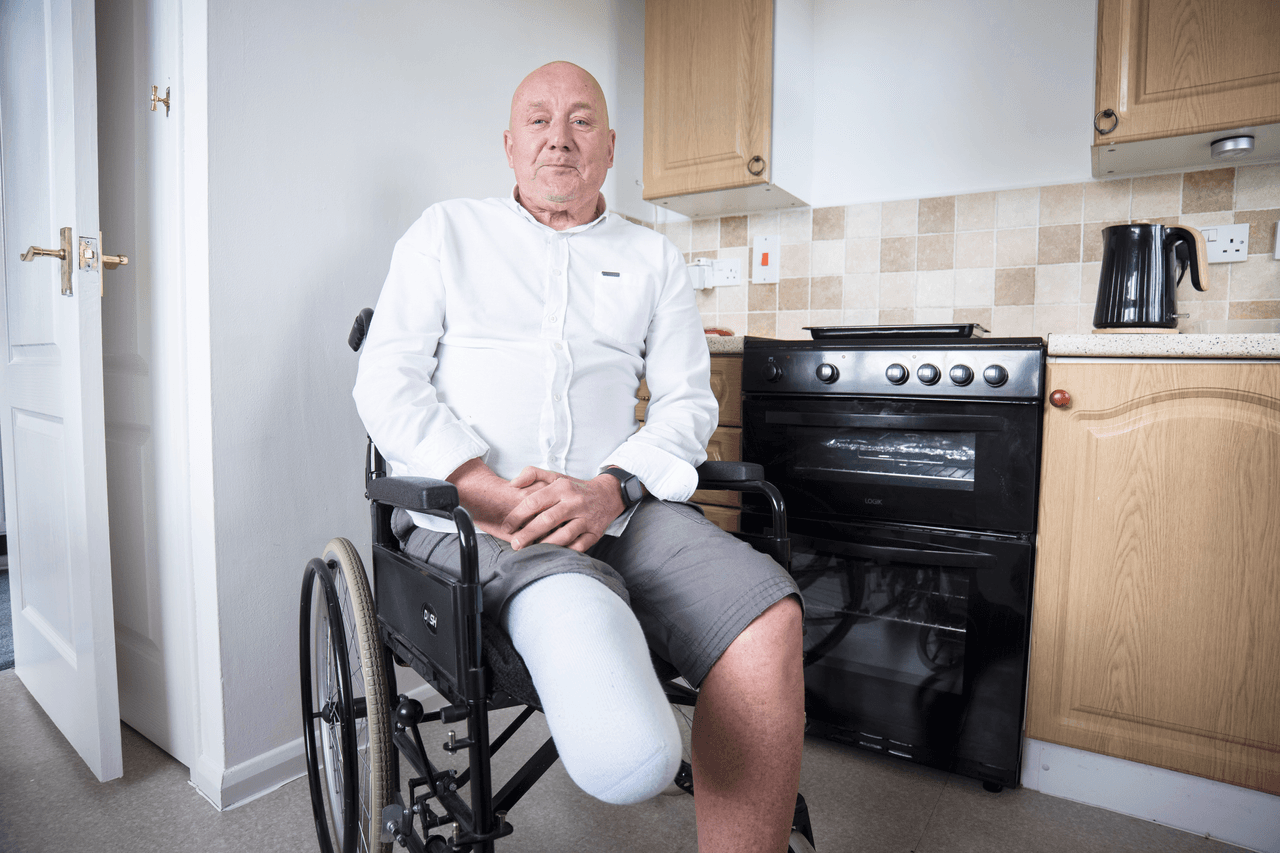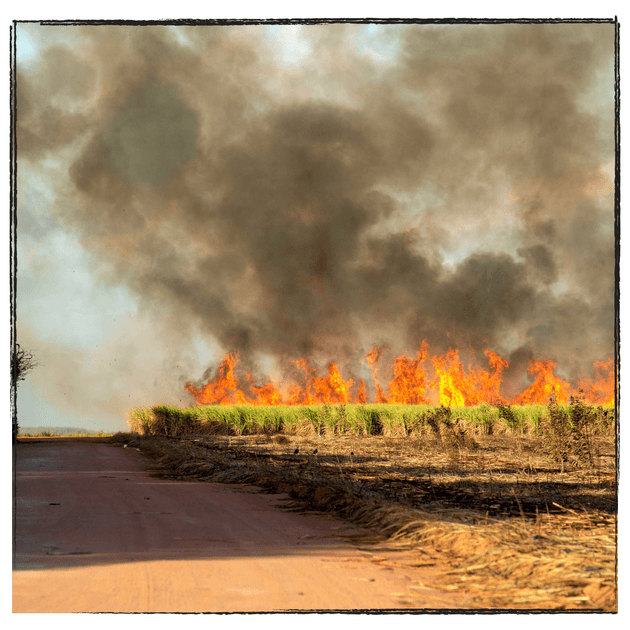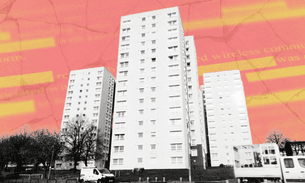
Beyond the headlines: how our journalism drives real-world change
This month we learned that Tesco, Waitrose and Sainsbury’s supermarkets have invested $11m to tackle soya-driven deforestation in Brazil following our February investigation into soya farms that are felling swathes of the Amazon. It was more welcome news in what has already been a fantastic year for impact. From briefing MPs to hosting community coffees for journalists from underrepresented backgrounds, we’ve been talking, collaborating and showcasing our investigations – both virtually and IRL – to demonstrate that the power of our journalism is not limited to the stories themselves.
Impact lies at the heart of what we do. It deepens our reporting and informs where we focus our efforts, ensuring that the facts we uncover are used to bring about real-world change.
Our work on the deforestation of the Amazon had already had a huge effect on global supply chains. For more than three years now we’ve been showing how environmental devastation is the secret ingredient on many of our dinner plates, tracking beef and soya supply chains and connecting catastrophic forest fires to high-street retailers. It was only this year that Aldi announced it would stop selling Brazilian beef, joining Lidl, Sainsbury’s and other European supermarkets after an NGO-led #DropJBS campaign, which cites our work.

It’s encouraging to see big companies change their business practices as a result of our reporting – and we saw something similar happen in February, when Twitter cut ties with the Swiss tech company Mitto, a bulk messaging service that sends out the one-time passcodes you need to log into your bank account or emails. Last year, we revealed that the company’s cofounder had been doing a little more than that: helping governments secretly track users via their mobile phones.
That showed how a story can make an impact well after it is published. On the flip side, impact can happen before a story is even out. With our recent investigation into the disappearance of £138m in taxpayers’ money linked to Thurrock council in Essex, we saw one notable resignation before the story was published, alongside calls for an urgent government investigation into our findings from the council’s Labour group. Its leader said: “Thanks to the Bureau’s dogged determination to get to the truth, we now know the financial situation of Thurrock council is very grave and far worse than we could ever have imagined.”
 Cacio De Vasconcelos/Alamy
Cacio De Vasconcelos/Alamy
Political impact is important, and this year we’ve briefed several MPs, senate and congress staffers, and even the Welsh government. We’ve heard parliamentary questions that reference our findings, seen MPs highlight our work in Commons debates and select committees, and we have given evidence at a Lords Communication and Digital Committee meeting. Following our investigation into how the UK was counting surplus Covid vaccine donations towards its overseas development aid budget – potentially slashing aid spending by tens of millions – we went to Westminster to explain our findings. Our Lead Global Health Reporter and Impact Producer presented evidence to the Vaccines For All cross-party group of MPs and Lords that will help politicians hold the government to account. The issue looks set to grow even more urgent this year.
It sometimes takes external events to move the dial politically. We’ve been investigating for several years how the City of London’s web of lawyers, consultants and private investigators enable the world’s oligarchs and autocrats to stash their wealth. Since our dedicated reporting team was set up two years ago, they have been briefing widely on how the UK courts system works, appearing on podcasts to explain the issue and even submitted a response to a consultation on the lawsuits used by the rich and powerful to silence critics. Last month, the justice secretary Dominic Raab announced that the rules around the deployment of these so-called Slapps (strategic lawsuits against public participation) will finally be tightened up.
 Daniel Stolle for TBIJ
Daniel Stolle for TBIJ
The headlines made by Raab’s announcement were certainly welcome – but much of our stories’ most valuable impact take place away from the public eye. Following our investigation into the huge disparities in the access to resources for disabled people needing to adapt their homes, one of the people at the story’s centre – Peter Gilroy, who has a prosthetic leg (pictured top) – was told that the long-delayed adaptation to his kitchen would be happening imminently. That was after our journalists asked questions of his local council as part of their reporting.
At the Bureau we strive to ensure that impact is not just something that happens as a result of our stories, but something that informs the reporting process itself: where possible, we try to collaborate with the communities directly affected by the issue at hand. Keep your eyes peeled for our upcoming environmental investigation where we’ve worked with indigenous filmmakers in Brazil to tell their story with us.
This is just a small snapshot of our work this year but all of our impact, be it on a local or global scale, is made possible by a strategic model that places real-world change at the heart of our journalism.
If you have any questions about our impact work, or if you work in the field, please do get in touch.




